How do new stadiums affect football clubs?
Everton's decision to leave Goodison Park for a state-of-the-art new home could be a catalyst for vital change, but there are cautionary tales too
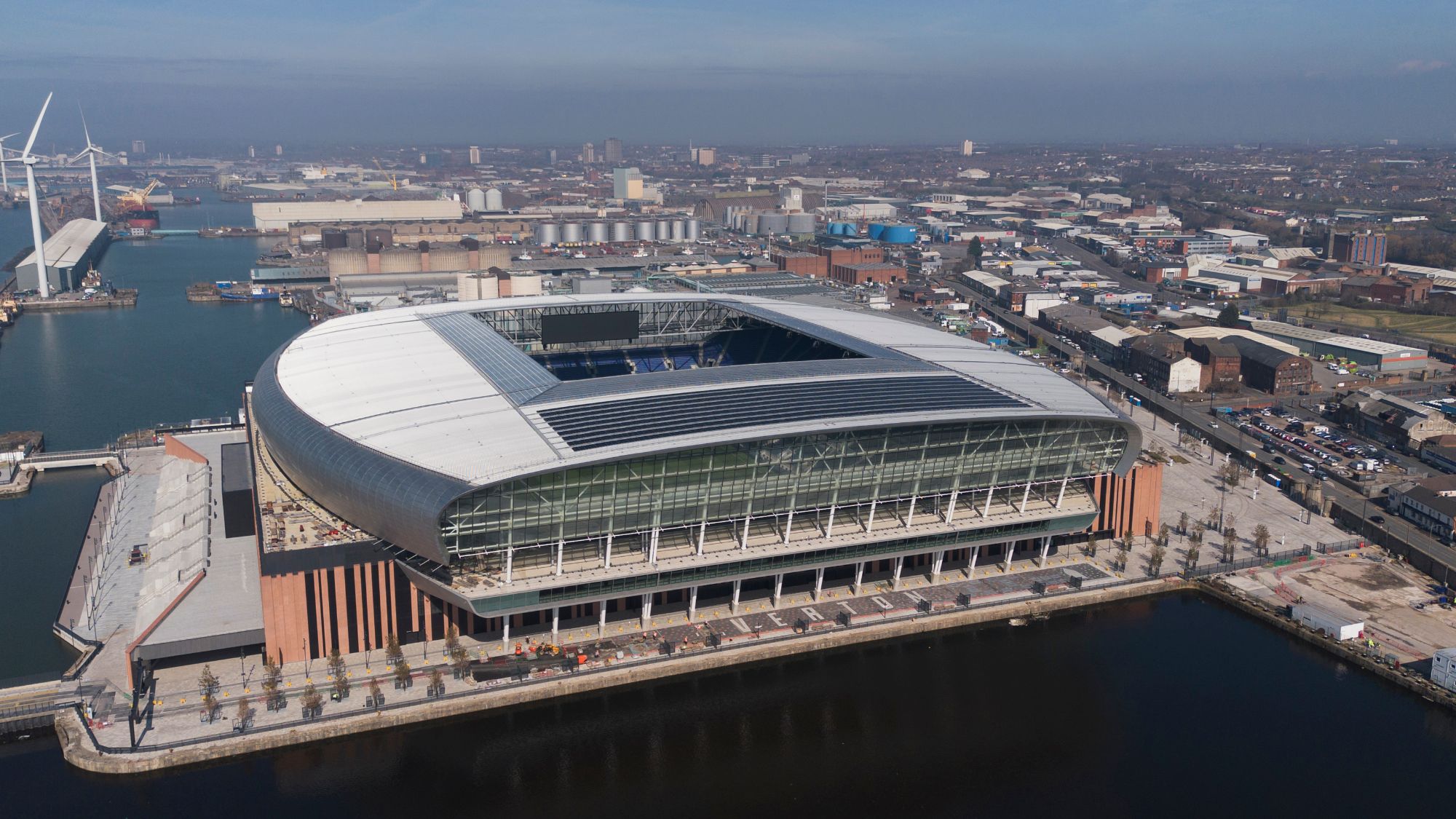
A free daily email with the biggest news stories of the day – and the best features from TheWeek.com
You are now subscribed
Your newsletter sign-up was successful
Everton's motto proudly declares that "nothing but the best is good enough", said The Guardian. The Premier League club's decision to move to a "sparkling new stadium" at Liverpool's Bramley-Moore Dock is an ambitious attempt to live up to those words.
After 133 years at nearby Goodison Park, the men's team will on Sunday play their final match at the ground, which will become home to Everton's women's team. The move brings hopes for the "birth of a new club", after years spent languishing in mid-table or worse in the Premier League.
'Catalyst for regeneration'
A new stadium has become "akin to a financial free kick" for clubs, said The Guardian, promising not only increased capacity for loyal fans, but "chunky revenue streams for decades to come".
The Week
Escape your echo chamber. Get the facts behind the news, plus analysis from multiple perspectives.

Sign up for The Week's Free Newsletters
From our morning news briefing to a weekly Good News Newsletter, get the best of The Week delivered directly to your inbox.
From our morning news briefing to a weekly Good News Newsletter, get the best of The Week delivered directly to your inbox.
For Everton, such plans are already in the works, said Liverpool's The Post. The "52,888-seater behemoth" is already being talked about as a venue for non-sporting events such as concerts and conferences. That income could help with everything from "signing footballers to new contracts" for existing players.
The club forecasts that the Bramley-Moore Dock ground will bring a "£1 billion boost to the city's economy", said Sky Sports, "and provide up to 15,000 jobs for local people (12,000 during the construction phase)". It estimates that 1.4 million people will visit the city each year to attend matches there.
But that ambition comes with a cost. Liverpool was stripped of its Unesco World Heritage status in 2021 because of the recent development along the city's historic waterfront, which includes Everton's new stadium.
The club's near neighbours Liverpool chose to scrap plans to explore the "profitable opportunites" offered by a new stadium in favour of substantial redevelopment of their existing ground at Anfield, said Football Ground Map. In so doing, they chose the best of both worlds: Anfield retained its reputation as a football "fortress" while the additional investment cemented a future promising "sustained success".
A free daily email with the biggest news stories of the day – and the best features from TheWeek.com
'Glory of Goodison Park'
But while the "commercial reasoning" behind abandoning one's "ancestral home" is hard to ignore, it's unlikely fans will find the "glory of Goodison Park" elsewhere, said former Liverpool midfielder Danny Murphy in the Daily Mail.
History offers cautionary tales. West Ham's transfer from Upton Park to the London Stadium in 2016 made big promises but delivered a "very dull atmosphere", said The Athletic. The nostalgic aroma of "onions, burgers and chips" was replaced by a "sanitised" and "apathetic" experience for fans.
Arsenal's challenges were similar, as a move from Highbury to the Emirates Stadium in 2006 was supposed to usher in a new era of dominance. But as the manager at the time, Arsène Wenger, later admitted, "we left our soul at Highbury", said ESPN in 2020.
Everton will be acutely aware of these pitfalls. But whether its brand new stadium at Bramley-Moore Dock will be an "asset or albatross" remains to be seen, said The Post.
Rebekah Evans joined The Week as newsletter editor in 2023 and has written on subjects ranging from Ukraine and Afghanistan to fast fashion and "brotox". She started her career at Reach plc, where she cut her teeth on news, before pivoting into personal finance at the height of the pandemic and cost-of-living crisis. Social affairs is another of her passions, and she has interviewed people from across the world and from all walks of life. Rebekah completed an NCTJ with the Press Association and has written for publications including The Guardian, The Week magazine, the Press Association and local newspapers.
-
 5 calamitous cartoons about the Washington Post layoffs
5 calamitous cartoons about the Washington Post layoffsCartoons Artists take on a new chapter in journalism, democracy in darkness, and more
-
 Political cartoons for February 14
Political cartoons for February 14Cartoons Saturday's political cartoons include a Valentine's grift, Hillary on the hook, and more
-
 Tourangelle-style pork with prunes recipe
Tourangelle-style pork with prunes recipeThe Week Recommends This traditional, rustic dish is a French classic
-
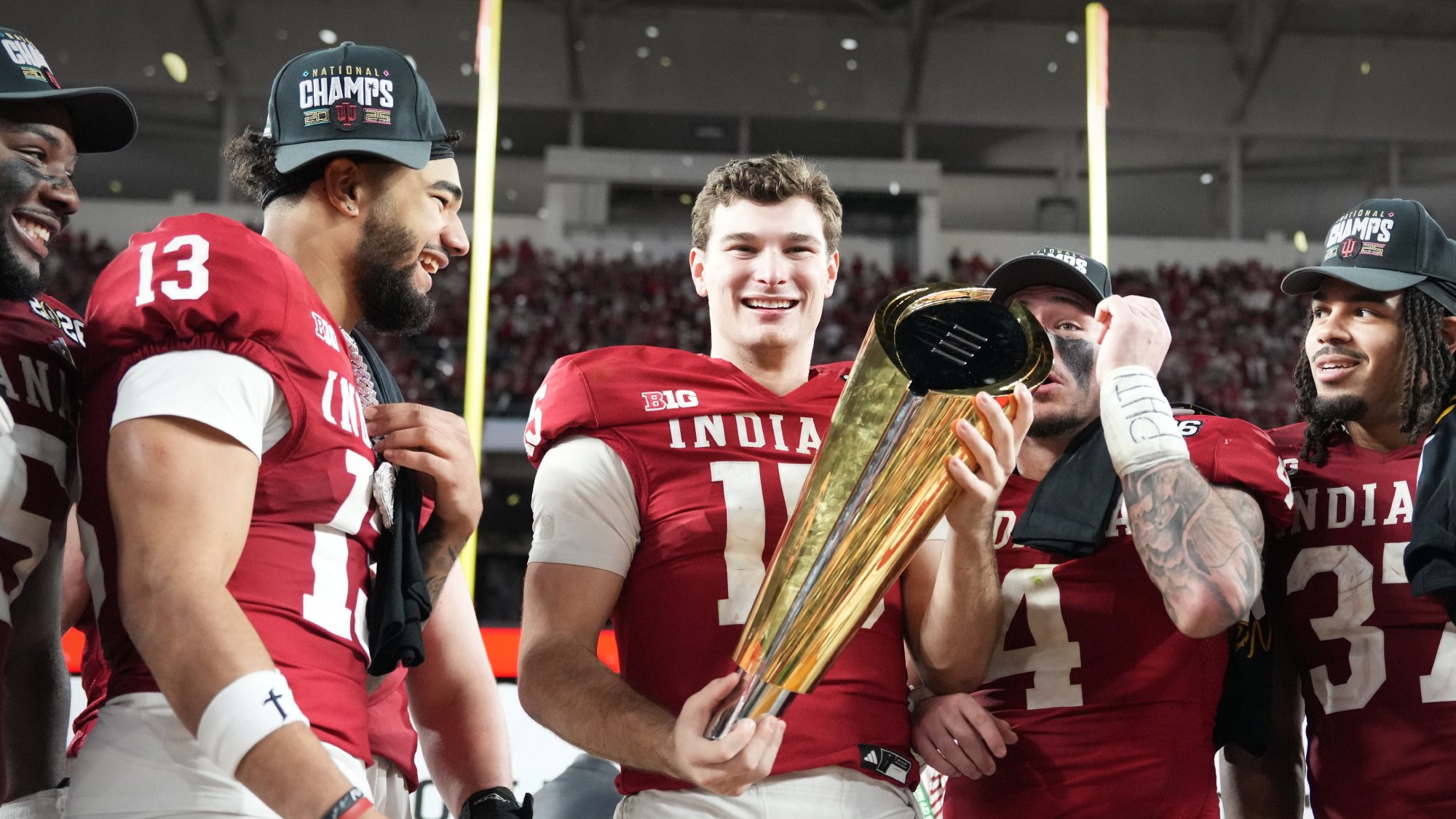 Indiana beats Miami for college football title
Indiana beats Miami for college football titleSpeed Read The victory completed Indiana’s unbeaten season
-
 Who is to blame for Maccabi Tel Aviv fan-ban blunder?
Who is to blame for Maccabi Tel Aviv fan-ban blunder?Today’s Big Question MPs call for resignation of West Midlands Police chief constable over ‘dodgy’ justification of ban from Aston Villa match, but role of Birmingham Safety Advisory Group also under scrutiny
-
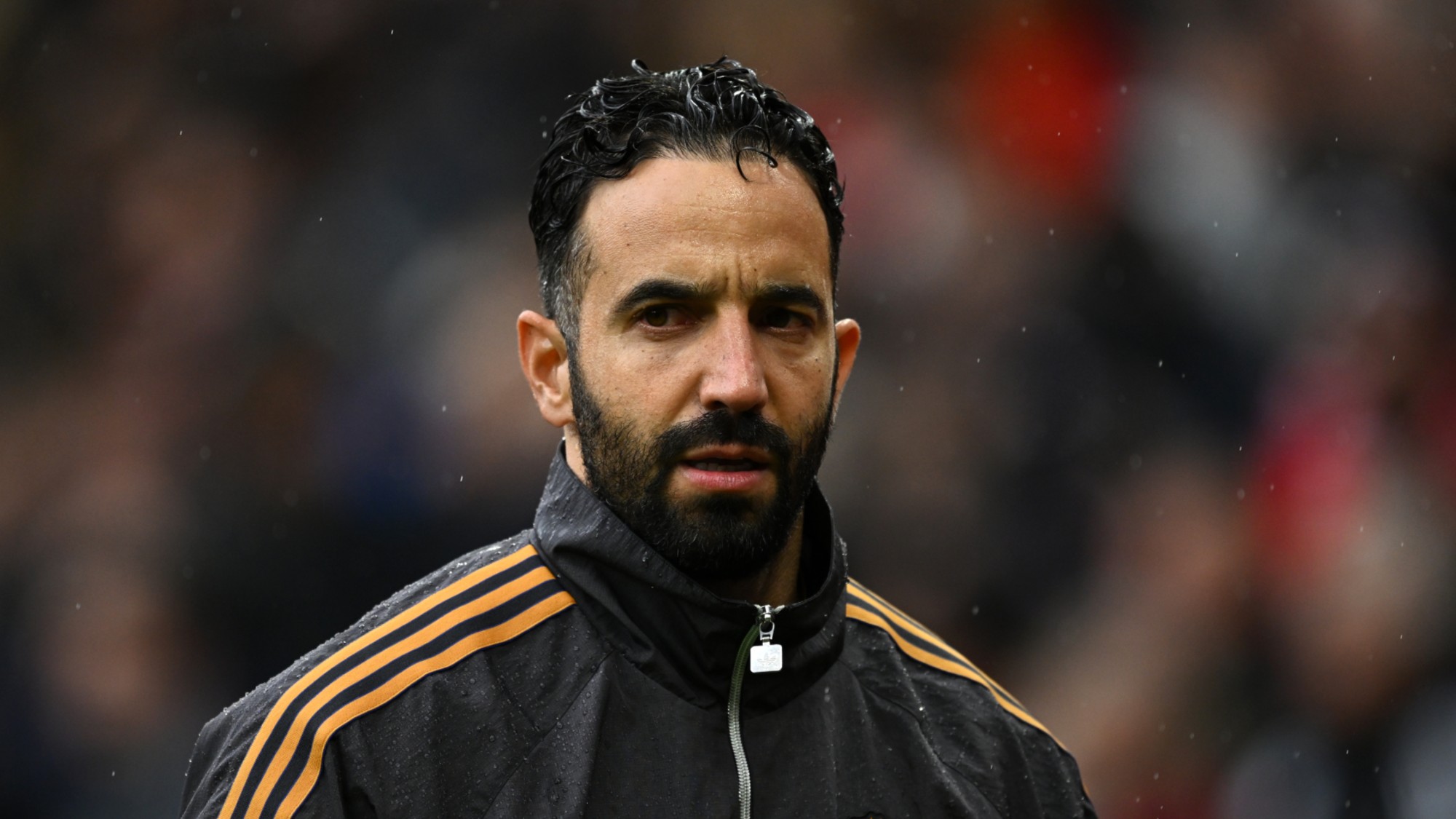 Amorim follows Maresca out of Premier League after ‘awful’ season
Amorim follows Maresca out of Premier League after ‘awful’ seasonIn the Spotlight Manchester United head coach sacked after dismal results and outburst against leadership, echoing comments by Chelsea boss when he quit last week
-
 Coaches’ salary buyouts are generating questions for colleges
Coaches’ salary buyouts are generating questions for collegesUnder the Radar ‘The math doesn’t seem to math,’ one expert said
-
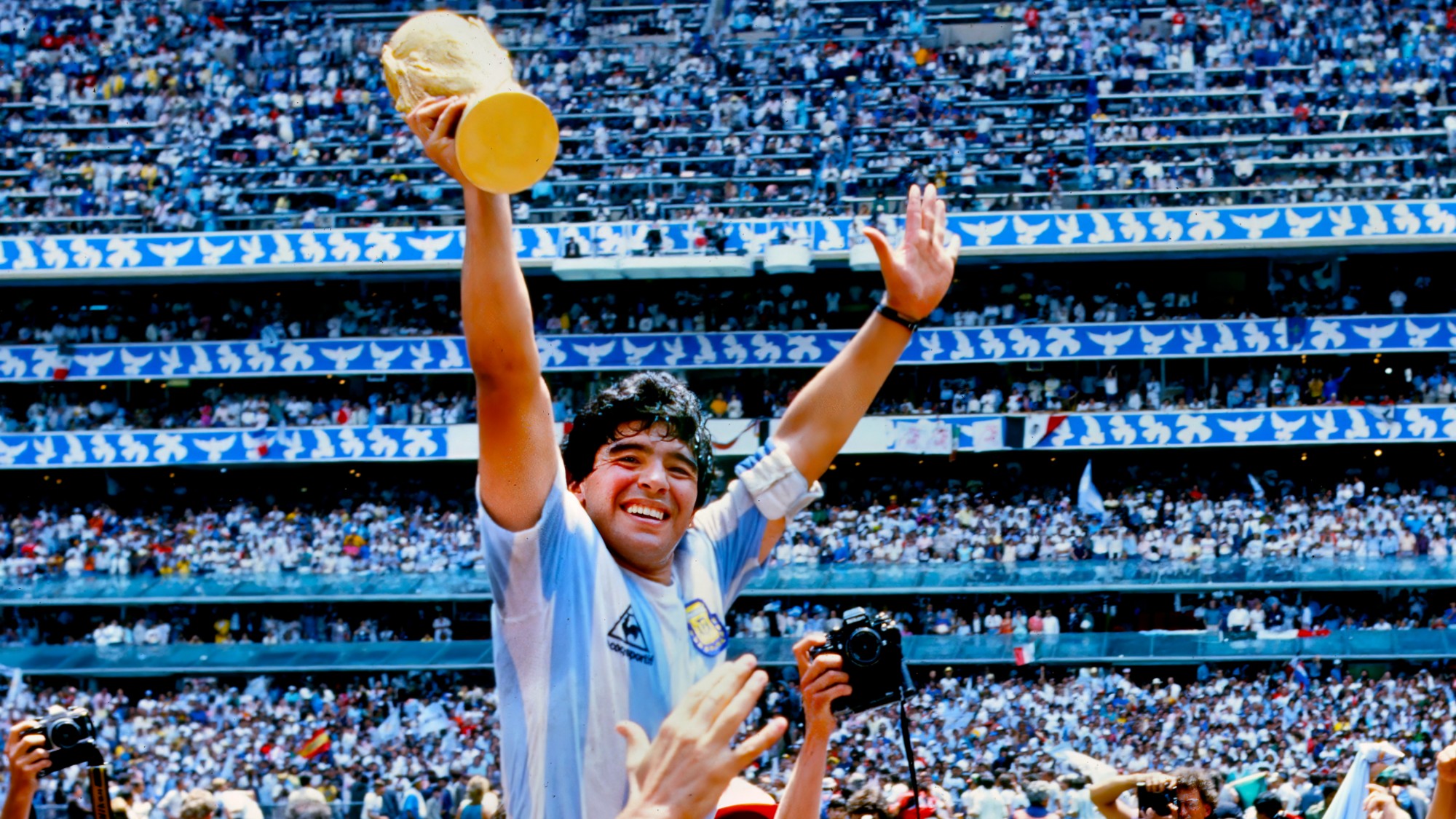 Five years after his death, Diego Maradona’s family demand justice
Five years after his death, Diego Maradona’s family demand justiceIn the Spotlight Argentine football legend’s medical team accused of negligent homicide and will stand trial – again – next year
-
 Libya's 'curious' football cup, played in Italy to empty stadiums
Libya's 'curious' football cup, played in Italy to empty stadiumsUnder The Radar 'Curious collaboration' saw Al-Ahli Tripoli crowned league champions in Milan before a handful of spectators
-
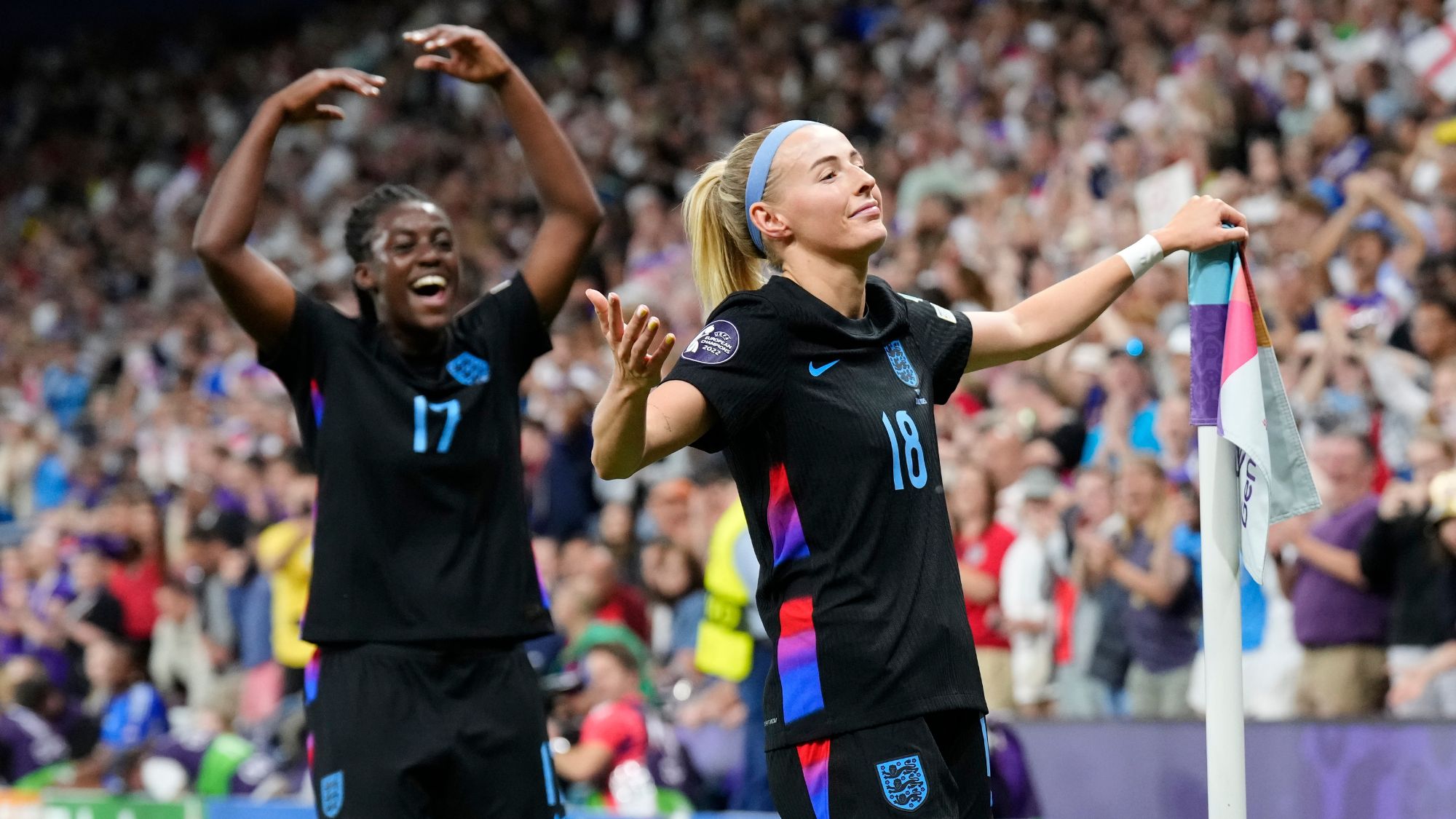 Crisis? What crisis? How Lionesses made the Euros final against the odds
Crisis? What crisis? How Lionesses made the Euros final against the oddsAmid injuries and questions about form, England's women are one step away from glory
-
 Sweden's Soft Hooligans: the fans who brought 'good vibes' to the Euros
Sweden's Soft Hooligans: the fans who brought 'good vibes' to the EurosUnder the Radar Formed to create a fun fan atmosphere, the Swedish football supporter group has been bringing the party to the championship